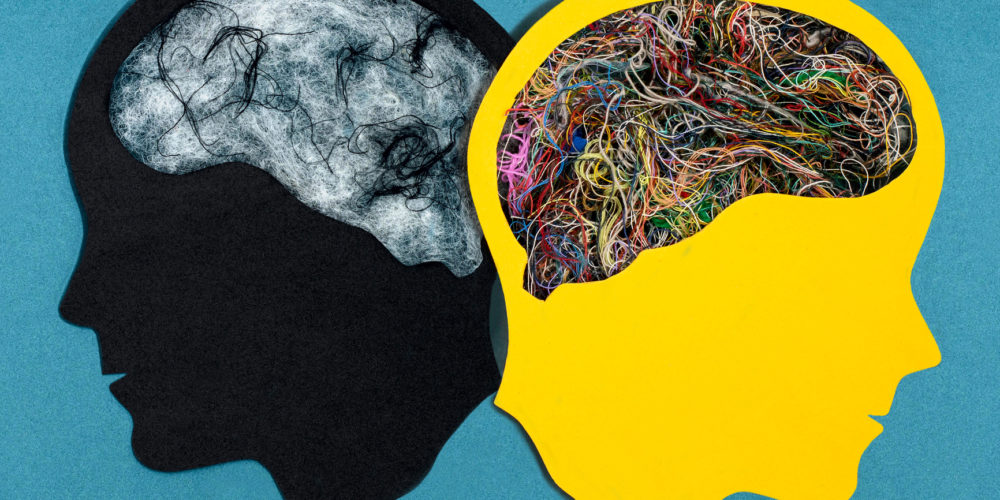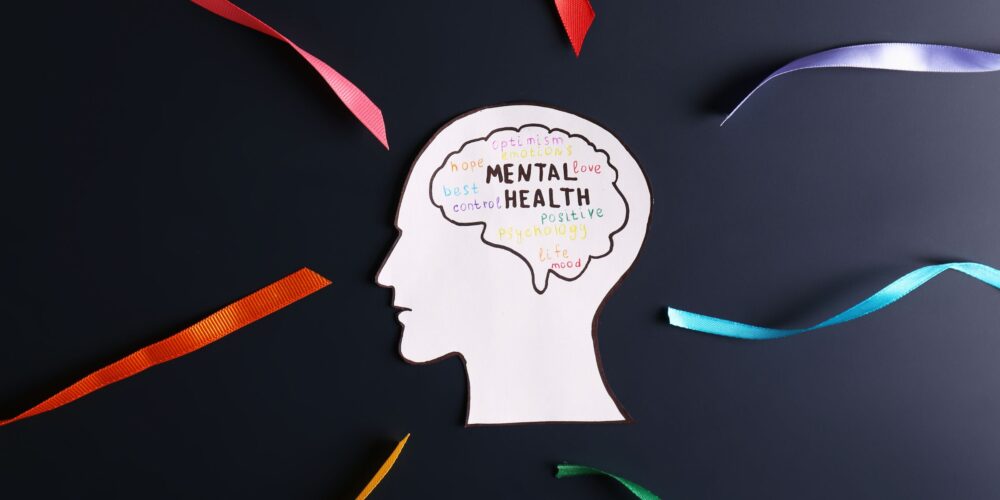In the journey toward mental wellness and addiction recovery, therapy and…

If you are suffering from a substance abuse issue, it is very possible that you have a dual diagnosis. Many people with underlying mental health disorders turn to substances in an effort to self-medicate. You may not even be aware of the diagnosis until you begin to seek treatment. Even then, it can be difficult to handle sobriety and a mental health issue, especially if you have been using substances in an effort to deal with the effects of that mental health issue. That is why it is important to know if you have a dual diagnosis.
A dual diagnosis refers to someone who has a substance abuse problem and a mental health issue. Some of the more common mental health issues we see in dual diagnosis include depression, anxiety, and bipolar disorder. However, it is possible to have other mental health issues that would qualify you as a dual diagnosis.
One of the difficulties of a dual diagnosis is that both the addiction and the mental health issue present their own challenges. Both can threaten your stability, impact your relationships, change how you respond to stressors, interfere with work and school, and increase your risks of being unhoused.
However, dual diagnosis is very common. Over half of drug abusers also have a serious mental illness, and almost 30 percent of people with diagnosed mental illnesses also abuse substances. There are several reasons for this. First, the desire to use drugs or alcohol is often driven by unhappiness or a desire to escape one’s current reality. When the current reality is not temporary, but the result of an underlying mental illness, that desire will occur more and more frequently. It is an easy pathway to addiction.
Of course, it can also go the other way. Substance abuse can alter how your brain and nervous system function, and may help trigger underlying mental health issues. Right now the scientific consensus is that drugs and alcohol rarely cause mental health issues, but that they can help bring on mental health issues in people who are currently vulnerable. However, they may play more of a role in mental health than we realize. Emerging evidence suggests that opioid abuse may trigger serious mental illnesses like schizophrenia and depression. While more research is needed, it is clear that there is a relationship between substance abuse and mental illness.
At Greater Essex, we understand dual diagnosis. We treat the whole person, so you do not have to worry about trying to navigate sobriety alone while also dealing with a mental illness. Instead, we put supportive structures in place to ensure that you have access to a full array of treatment options. It is important to not only treat your substance abuse, but also to address the root causes of the substance abuse. That includes treating any co-occurring mental health disorders.



